Crohns Disease Stool

While it tends to cause gastrointestinal symptoms such as bloating flatulence cramping diarrhea nausea vomiting and blood in stools the disease can cause additional symptoms when it affects other systems in the body.
Crohns disease stool. Abdominal pain and cramping. Blood in your stool. Crohn s disease can affect any part of the gastrointestinal system leading to a variety of symptoms. Crohn s disease causes ulcers in the intestines which produce mucus in the stool.
One of the functions of your large intestine is to reabsorb water from digested foods. But for people who have crohn s disease diarrhea and other symptoms can happen often enough to interfere with regular life. Crohn s can affect any part of it but it most often involves your small intestine and colon. Crohn s disease is chronic inflammatory bowel disease that primarily can affect any part of the gastrointestinal tract from the mouth to the anus.
Stool tests are an important tool for assisting healthcare providers in determining if a person s symptoms are being caused by inflammatory bowel disease ibd such as crohn s disease cd or ulcerative colitis uc. Crohn s disease is an inflammatory bowel disease that causes. Limit fiber if it s a problem food. When the disease is active signs and symptoms may include.
Reduced appetite and weight loss. Try avoiding butter margarine cream sauces and fried foods. Crohn s and another disease ulcerative colitis are part of a group of conditions called inflammatory. If raw fruits and vegetables bother you try steaming baking or stewing them.
Alert your doctor when you notice mucus in your bowel movements especially if it s more than usual. This part usually absorbs bile acids which your body creates to help it absorb fat. Crohn s disease most often affects the ileum the lower end of your small intestine. Stool tests provide useful information but they cannot be used alone to diagnose ibd.
/crohns-disease-symptoms-5b310ede0e23d90036925980.png)
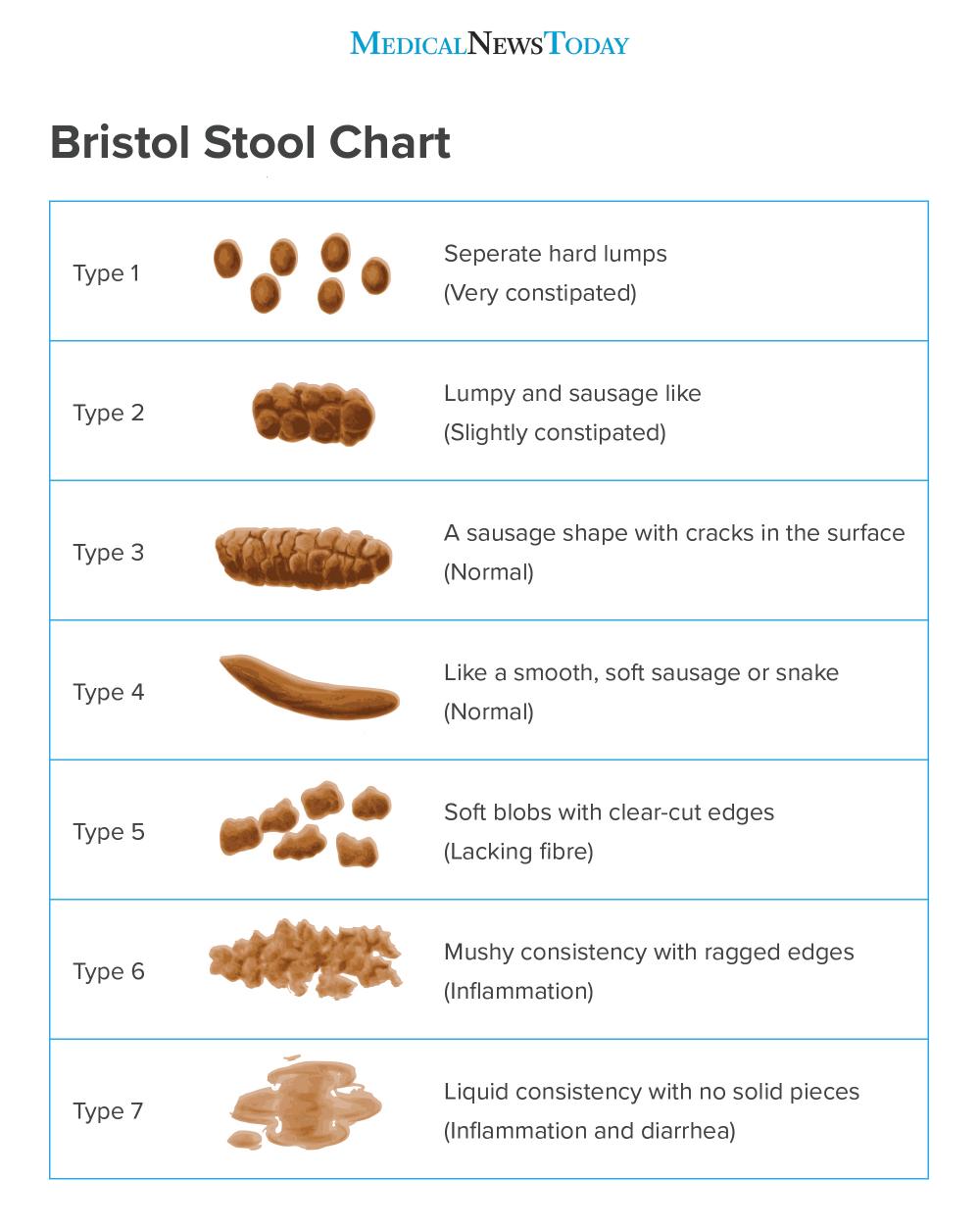
/crohns-disease-diagnosis-5aec9f49c5542e0036b9785c.png)

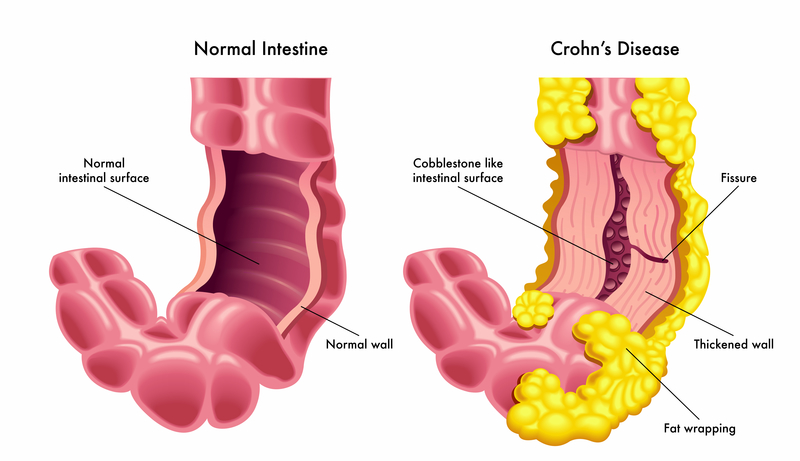

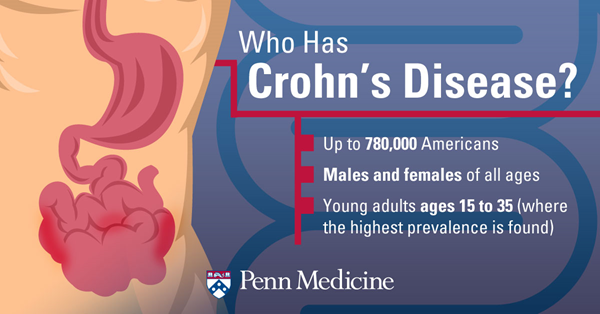
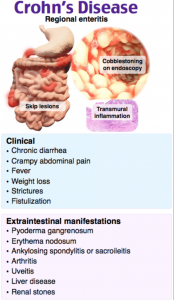
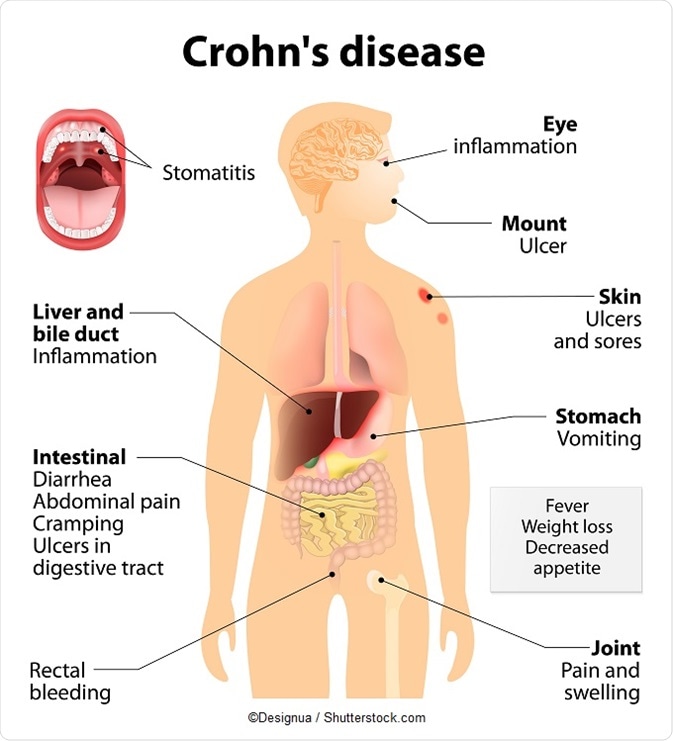
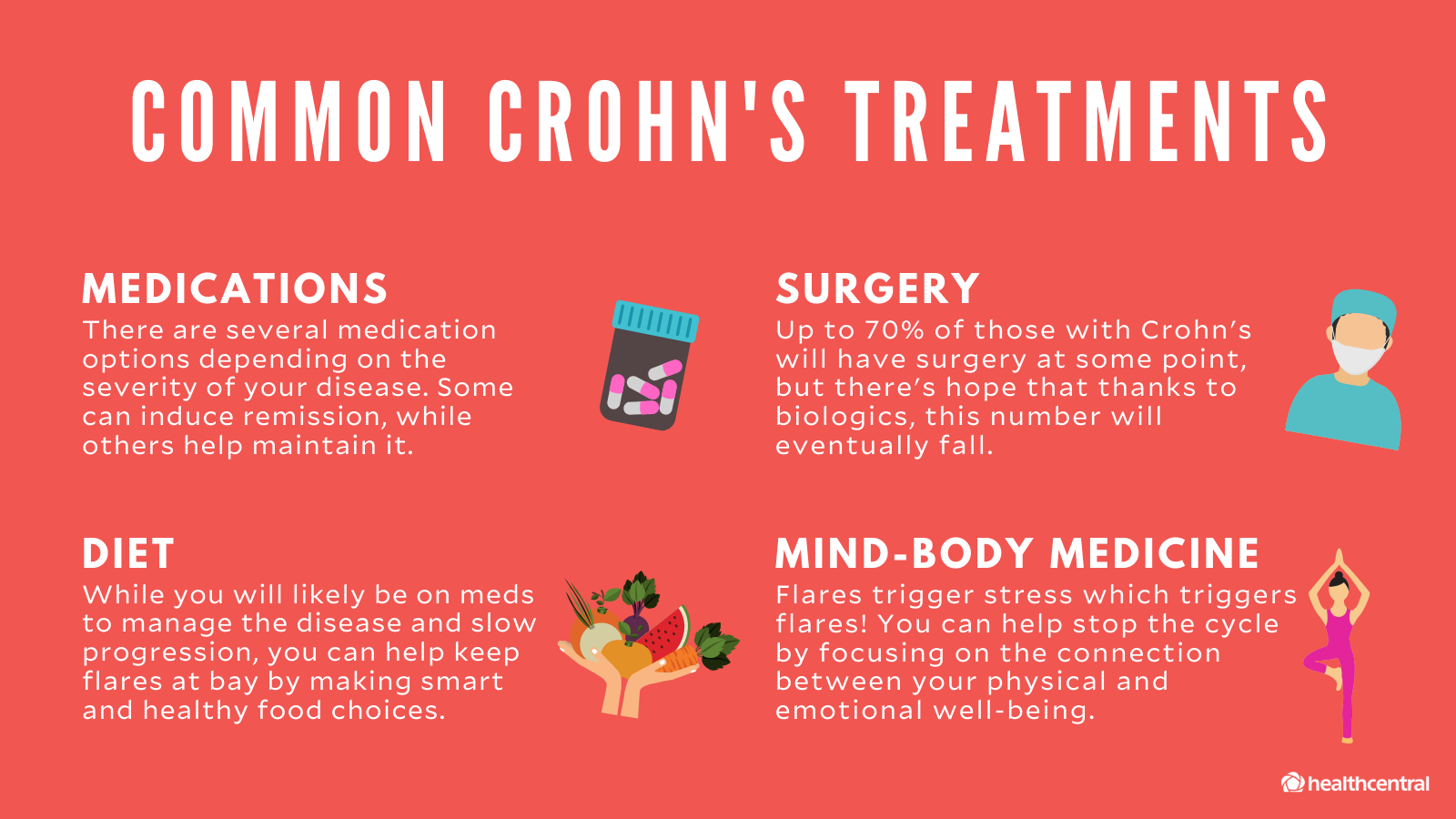

.png)
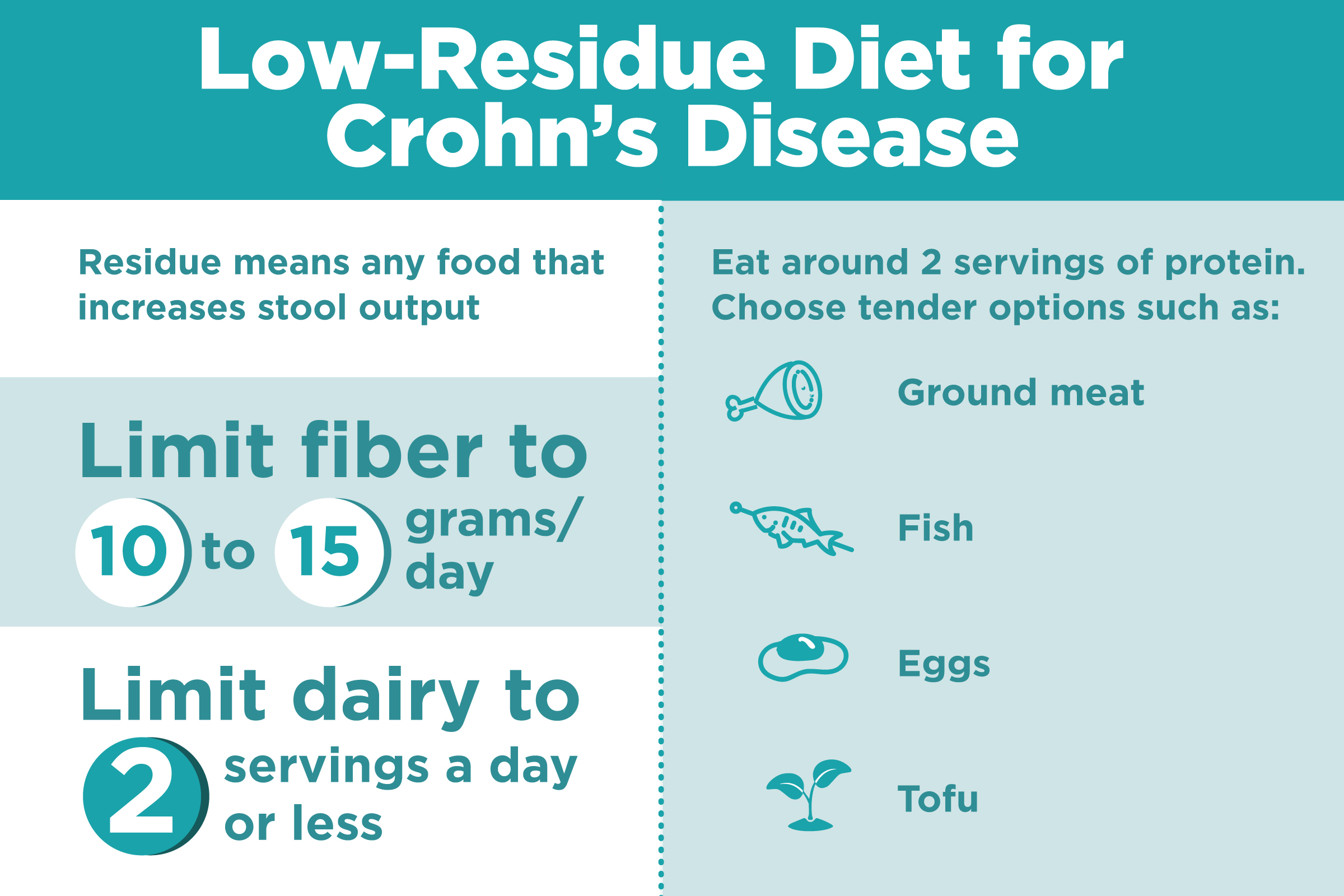

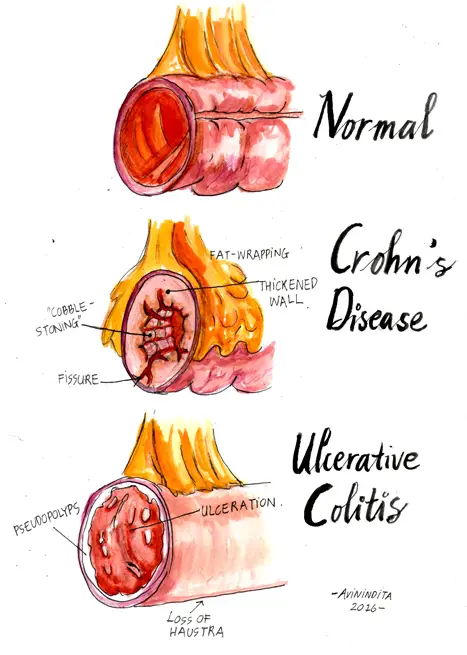

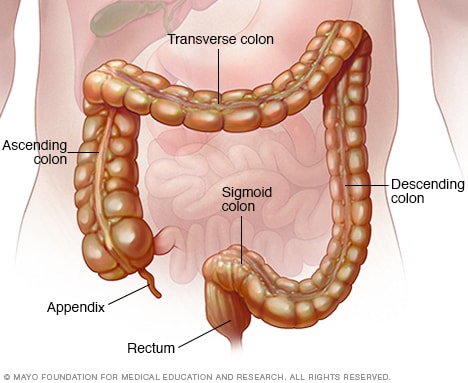

/what-can-cause-mucus-in-the-stool-1943021_final-757126b16ee84e73b17479ede28c6f1b.png)